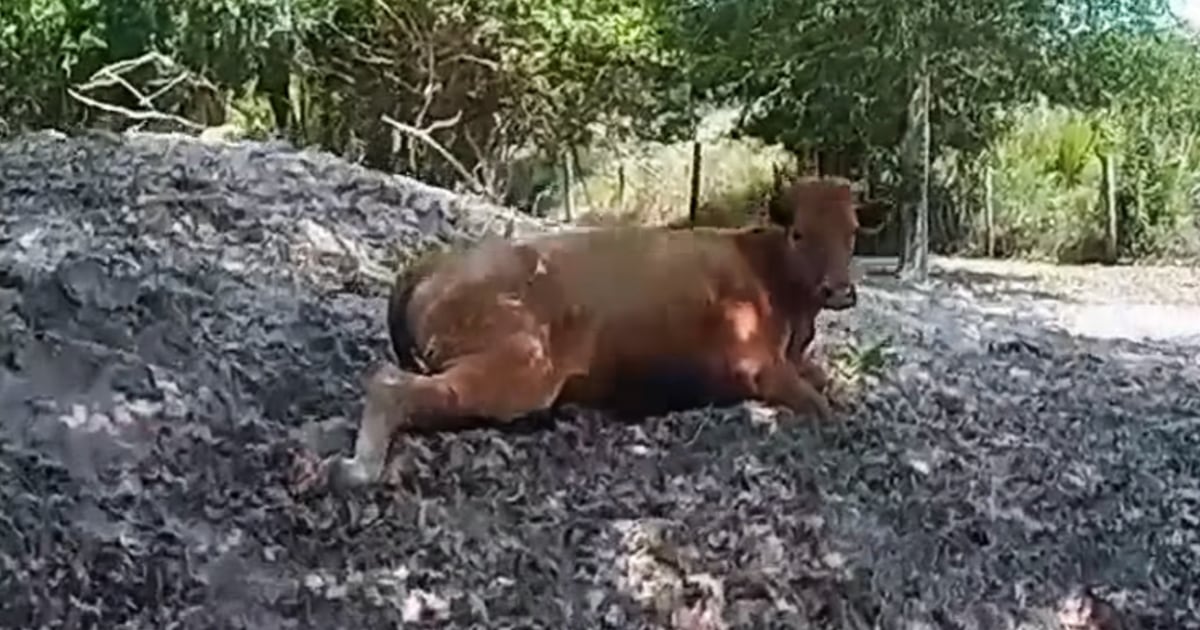Unraveling a Tragedy: The Disturbing Discovery of Two Dozen Frozen Cats in Long Island Home
A 75-year-old Long Island widower faces animal cruelty charges after authorities discovered 24 deceased cats stored in freezers and refrigerators throughout his home. The Nassau County SPCA uncovered the grim scene on June 12, 2023, while responding to a neighbor’s welfare complaint about foul odors emanating from the residence in Hicksville.
A Chilling Scene Inside the Home
Investigators described encountering a house of horrors upon entering the modest suburban property. The cats—some frozen solid, others in various states of decomposition—were found in kitchen appliances and additional freezers throughout the dwelling. Living conditions were deemed unsanitary, with officials noting extreme clutter and evidence that multiple live cats had recently inhabited the space.
“The ammonia levels from urine made it difficult to breathe,” reported SPCA Detective Sergeant John Doughty. “We found food bowls out with fresh kibble, suggesting some cats had been alive very recently.”
The Widower’s Disturbing Rationale
Authorities revealed the homeowner, identified as retired accountant Walter Fisk, claimed he couldn’t bear to bury his deceased pets after they passed from natural causes. “He stated these were all his companion animals over several years,” explained Nassau County DA spokesperson Miriam Chen. “Rather than seek proper disposal methods, he simply preserved them alongside his frozen dinners.”
Mental health professionals suggest this case highlights a little-discussed phenomenon called animal hoarding disorder, which affects an estimated 250,000 Americans annually according to the American Psychiatric Association. Key characteristics include:
- Failure to provide minimal standards of care
- Denial of deteriorating conditions
- Extreme attachment to animals despite health risks
Animal Welfare and Legal Implications
The Nassau County District Attorney’s office charged Fisk with 24 counts of misdemeanor animal cruelty under New York Agriculture and Markets Law. If convicted, he faces up to two years in jail—a penalty some activists argue is insufficient for cases involving multiple animal deaths.
“This wasn’t intentional torture, but it represents prolonged neglect with tragic consequences,” said Dr. Helen Voorhees, a veterinary forensic pathologist consulted on the case. “Freezing might preserve bodies, but the psychological damage to living animals in that environment would have been severe.”
The Hidden Crisis of Senior Animal Hoarding
Geriatric social workers note this incident reflects a growing problem as America’s population ages. A 2022 University of Florida study found:
- 63% of animal hoarders are over 60 years old
- 80% live alone after major life changes (widowhood, retirement, etc.)
- Only 12% receive intervention before crisis points
“Loneliness becomes pathological when it manifests this way,” explained Dr. Raj Patel, a geriatric psychologist at NYU Langone. “For isolated seniors, pets may become their entire social world—even after death.”
Community Response and Systemic Failures
Neighbors expressed shock, describing Fisk as a quiet man who rarely interacted with others. “He’d buy massive bags of cat food at the grocery store, but we assumed he ran a rescue,” said next-door neighbor Teresa Molina. “Nobody imagined this.”
Animal welfare advocates argue the case exposes gaps in community safety nets. Unlike child protective services, no equivalent government agency routinely checks on pet welfare in private homes. Most interventions occur only after complaints—often when odors or visible neglect become unavoidable.
Prevention Strategies and Resources
Local organizations are using this tragedy to promote early intervention programs. The Long Island Coalition for Animal Welfare recommends:
- Training postal workers and utility employees to recognize warning signs
- Establishing anonymous tip lines for concerned neighbors
- Creating pet food banks with wellness check requirements
“We need to view animal welfare as part of overall community health,” said coalition director Marissa Lopez. “This man needed help long before freezers filled with bodies.”
Looking Forward: Legal and Social Repercussions
As Fisk awaits trial, the case has sparked debate about appropriate responses to animal hoarding. While some demand harsher punishments, mental health professionals advocate for treatment-focused approaches. New York legislators are considering “Fisk’s Law”—a bill that would mandate psychological evaluations in similar cases.
Meanwhile, animal shelters report increased calls about senior citizens struggling with multiple pets. “The silver lining is heightened awareness,” said Suffolk County SPCA president Roy Gross. “Now we’re asking: how many other silent sufferers are out there?”
For those concerned about potential animal hoarding situations in their community, experts recommend contacting local animal control or the ASPCA for guidance on compassionate intervention strategies.
See more Update My News



